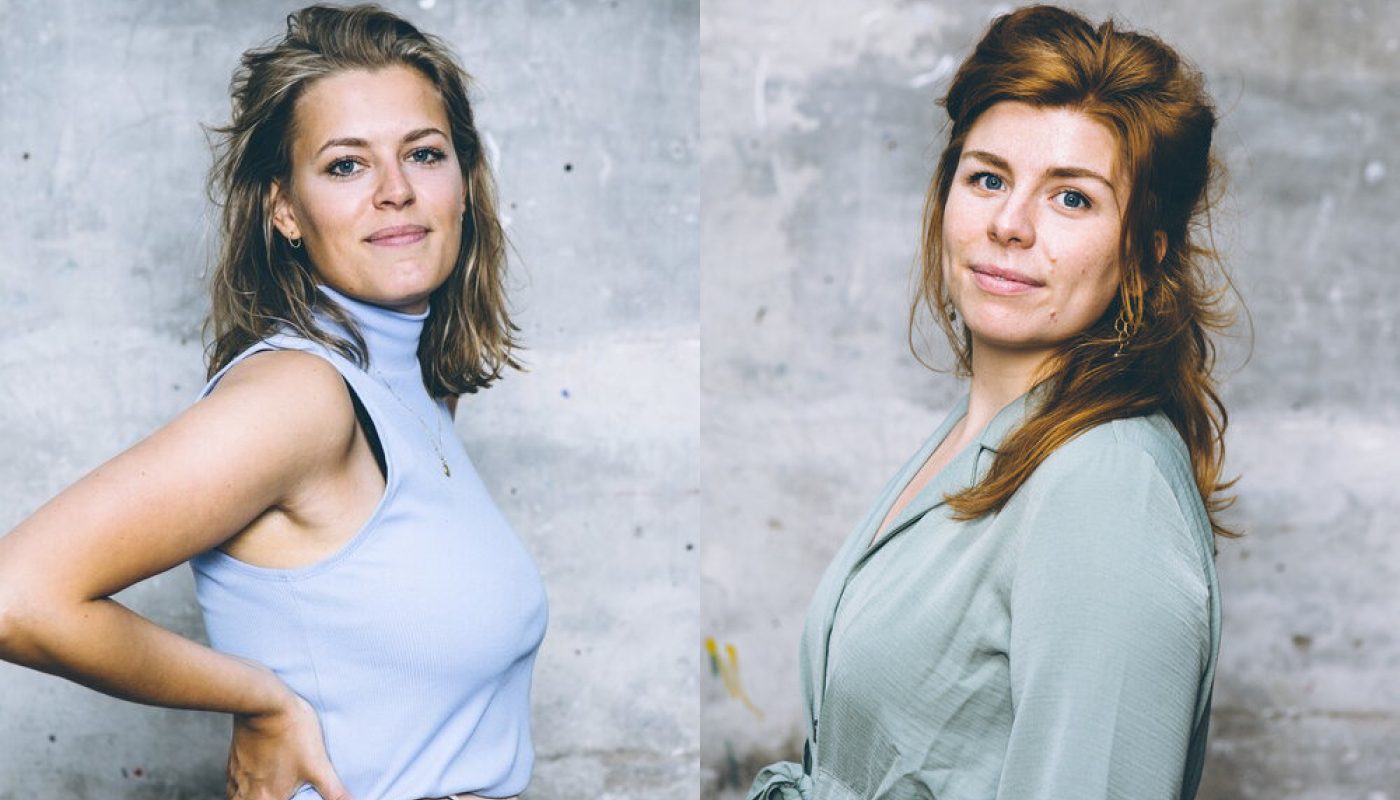

Drie vragen aan ... Eva Verweij & Loes Komen
Eva Verweij and Loes Komen are the coaches for the masterclass Producing in September.
Geplaatst op 4 augustus 2020

Eva Verweij and Loes Komen are the coaches for the masterclass Producing in September.
Geplaatst op 4 augustus 2020